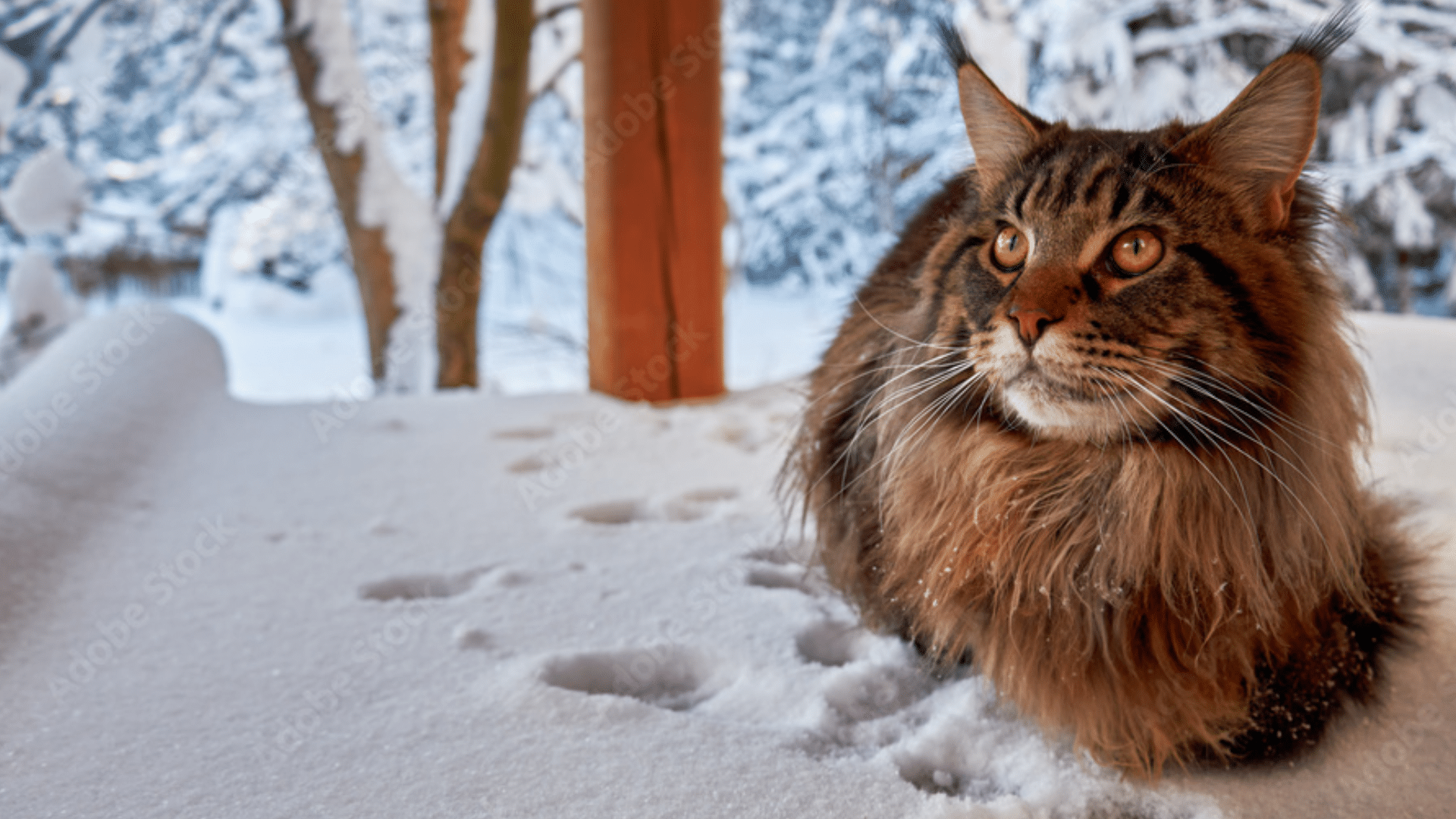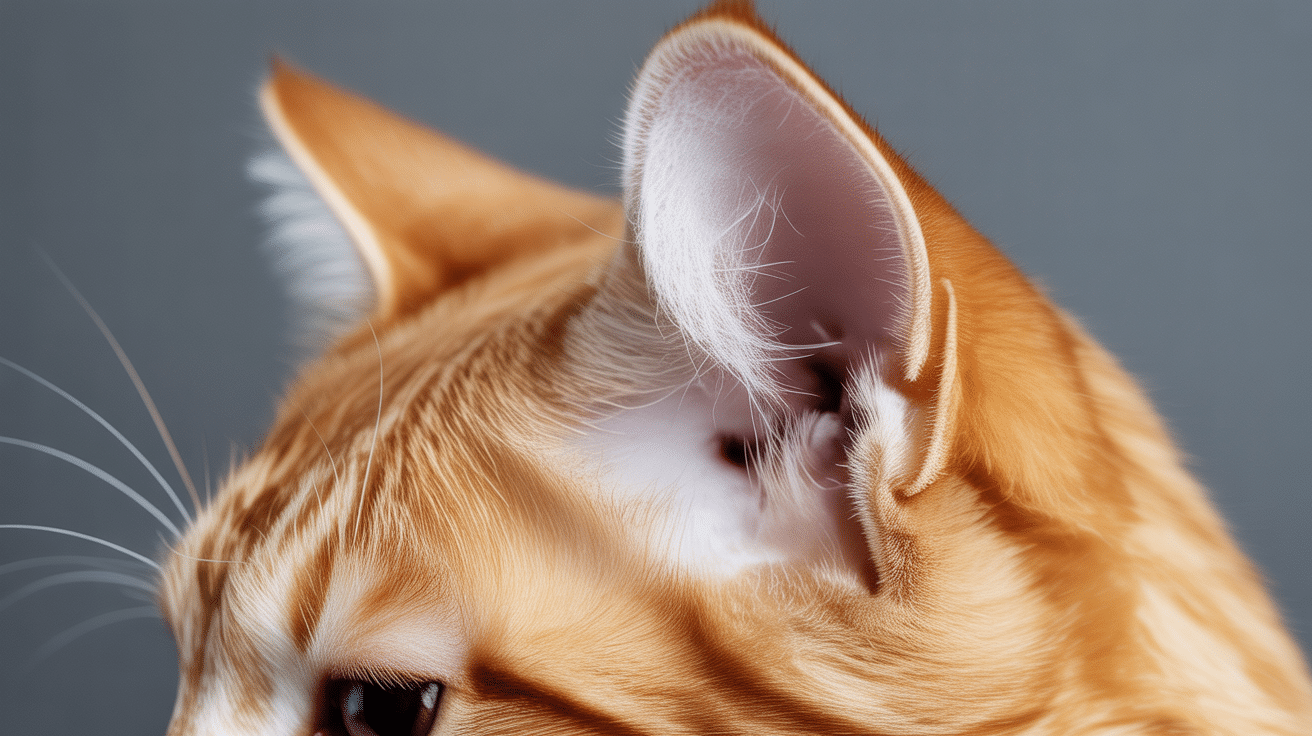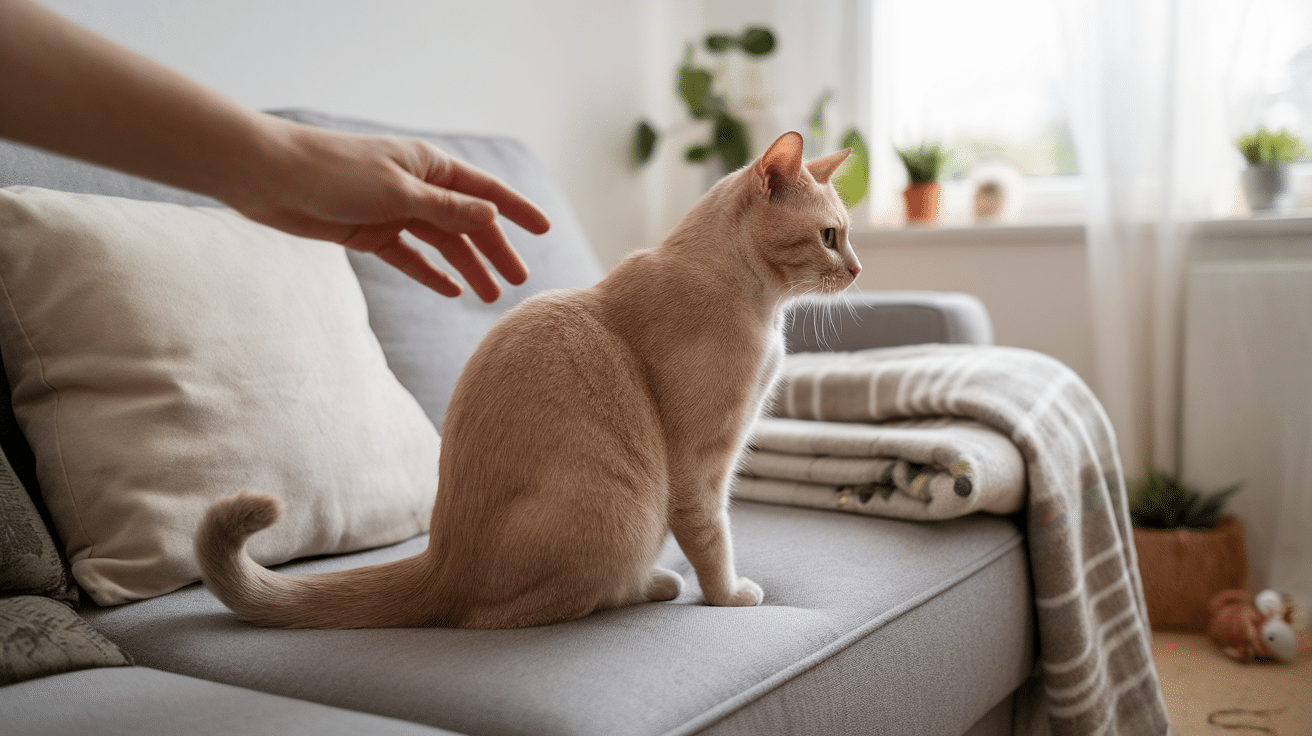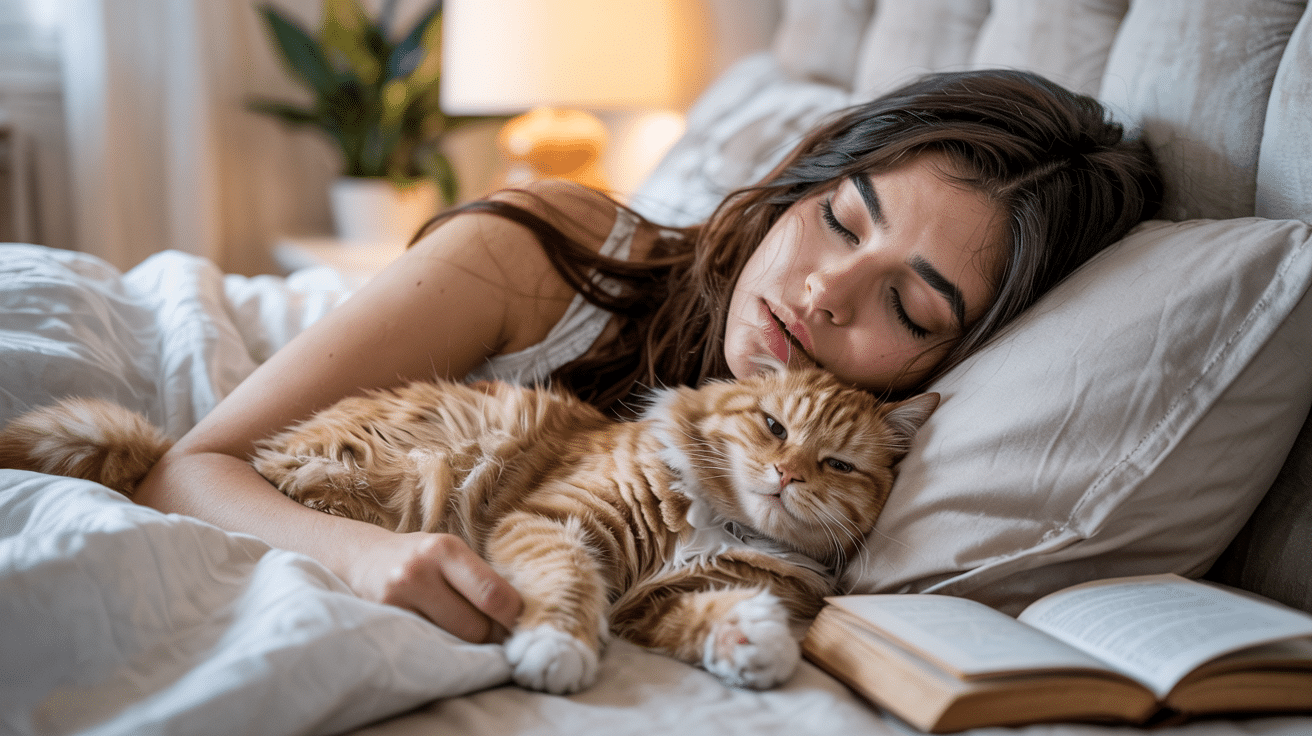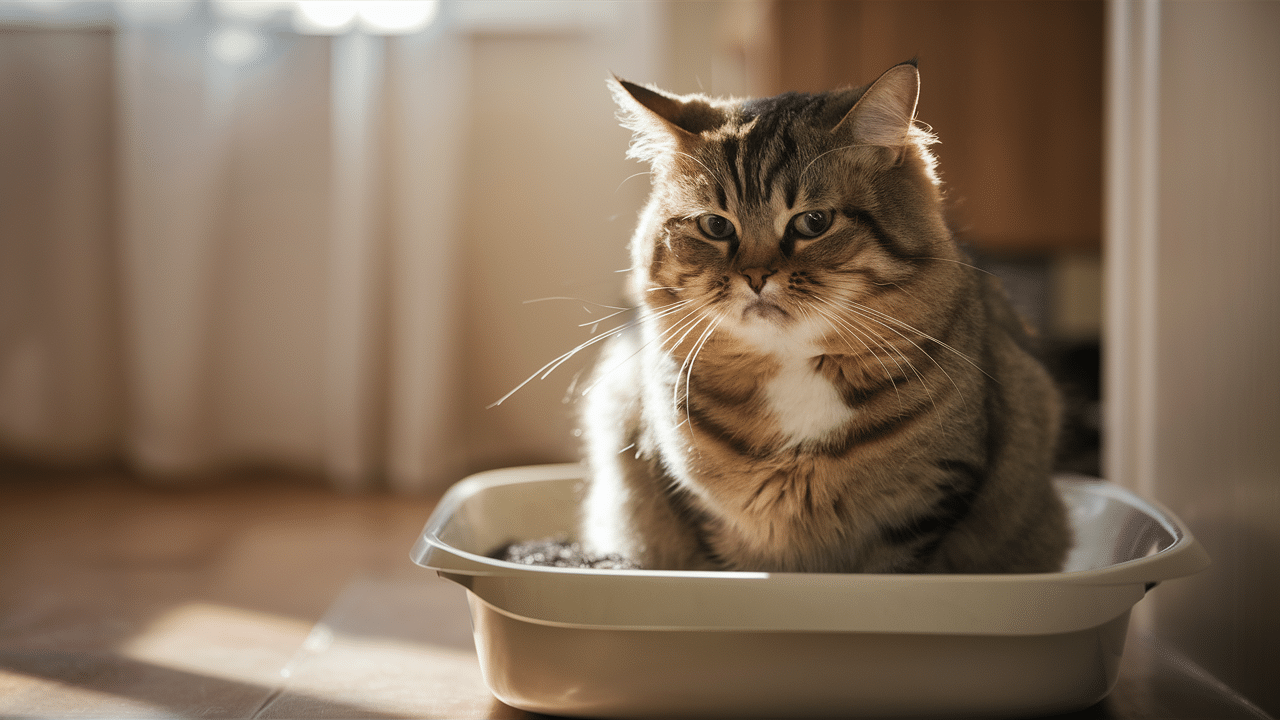European Maine Coons are truly one-of-a-kind cats, known for their size and loving nature.
But with their impressive stature and luxurious coats, they come with their own set of needs that can be tricky to manage.
If you’re thinking about bringing one of these gentle giants into your home, it’s important to know how to care for them properly.
In this blog, we’ll break down everything you need to keep your European Maine Coon healthy and happy, from grooming tips to managing their diet and health issues.
No matter if you’re a first-time cat owner or a seasoned pet lover, this guide will give you the information you need to care for your Maine Coon with ease.
Understanding European Maine Coons
European Maine Coons refer to Maine Coon cats bred in Europe according to European breeding standards. These cats typically have:
- Larger size than American Maine Coons, often with more massive bone structure
- More pronounced facial features with high cheekbones and square muzzles
- Lynx-like ear tufts and full, bushy tails
- Thicker, more abundant fur with prominent ruffs and britches
- A wider color variety than traditional American lines
These cats share the same friendly, intelligent temperament that has made Maine Coons popular worldwide.
The Size of European Maine Coons
European Maine Coons are known for their impressive size, which sets them apart from other cat breeds. Their large stature, combined with their long fur, gives them an unmistakable wild look. Here’s what you need to know about their size:
Length and Height of European Maine Coons
When it comes to length, European Maine Coons are truly impressive. These cats can grow to 48 to 76 cm (19 to 30 inches) from the tip of their nose to the base of their tail.
This length makes them significantly longer than most cats. Their height typically ranges from 25 to 40 cm (10 to 16 inches) at the shoulder. Their height and length can be measured in a few simple steps.
To measure their body length, you can use a soft measuring tape, measuring from the tip of the nose to the point where the tail meets the body.
Measure the height from the ground to the top of their shoulder while standing. Remember that these measurements may vary slightly based on the cat’s gender, genetics, and overall health.
Weight Differences Between Males and Females
- European Maine Coons are heavy, with weights ranging from 3.6 to 11 kilograms (8 to 24 pounds).
- Males are typically larger, weighing between 6 to 11 kilograms (13 to 24 pounds).
- Females generally weigh between 3.6 to 8 kilograms (8 to 18 pounds).
A healthy Maine Coon should feel solid and firm when picked up, but you should still be able to feel their ribs with a light touch.
Growth and Development of European Maine Coons
Maine Coons are known for their slow and steady growth. While other cat breeds typically stop growing at around one year of age, European Maine Coons continue to grow for several years.
Early Growth Stages
At birth, European Maine Coons are like any other kittens, small and fragile. However, their growth rate is rapid in the first few months of life.
During their initial six months, they grow significantly in both length and height. Their paws will appear disproportionately large compared to their bodies, indicating the future size of their adult selves.
This growth phase can be exciting to witness, as they quickly go from tiny kittens to large, robust young cats.
Regular feeding, appropriate nutrition, and lots of playtime during this phase will ensure they grow into healthy adults.
Slower Growth After 9 Months
At around 9 months of age, most Maine Coons experience a gradual slowdown in growth. This doesn’t mean they stop growing altogether, but the growth rate becomes more controlled.
By this age, they begin to fill out and develop muscle mass rather than increase height. Their body structure continues to evolve, and their frames become broader as they age. While some cat breeds reach their full size at about 12 months, Maine Coons take much longer.
European Maine Coons continue to grow until they are 4 to 5 years old, at which point they achieve their full size and muscle mass.
Monitoring Growth and Development
To ensure that your Maine Coon is growing at a healthy rate, it is important to track their progress. Regularly weigh your Maine Coon and measure their length and height to monitor their growth.
A kitchen scale is ideal for kittens, while a bathroom scale works well for larger cats. Weigh yourself first, then weigh yourself holding your cat, and subtract your weight to get the cat’s weight.
It’s important to note that healthy growth should be steady and consistent. If your Maine Coon is not gaining weight or growing for an extended period.
Coat Care and Grooming
The coat of a European Maine Coon is one of its most striking features. These cats have long, thick fur that protects them from the cold.
The coat comprises two layers: a soft undercoat and a coarser topcoat. This double-layered coat helps them stay warm and dry, especially in colder climates.
Grooming Requirements
Because European Maine Coons have long, dense fur, they require regular grooming to maintain their health and appearance. Ideally, their coat should be brushed 2 to 3 times a week to prevent tangles and mats.
Use a metal comb or slicker brush to remove any knots and to help distribute natural oils throughout their fur. While their fur is built to withstand harsh weather, neglecting grooming can lead to severe matting.
In addition to brushing, you should also monitor their ears and paws for cleanliness. Regular grooming sessions will help keep them looking their best while promoting overall health.
Shedding Patterns
Despite their long, luxurious fur, European Maine Coons do not shed excessively year-round. Their shedding is more pronounced during seasonal changes, specifically in the spring and fall.
During these times, they shed their old fur to make room for a new coat. Regular grooming during these periods is essential to manage shedding and reduce the amount of loose fur in your home.
In contrast, they don’t shed as much as some other long-haired breeds, but their seasonal shedding can still be quite noticeable.
Frequent brushing during these times will help prevent excessive fur buildup and keep your home cleaner.
Dietary and Lifestyle Requirements
European Maine Coons are large, active cats that require ample space to move freely.
While they can adapt to apartment living, they are more comfortable in homes with large open spaces or access to climbing areas.
Furnishing Considerations
Standard cat trees and furniture may not be sturdy enough to support the weight of a Maine Coon.
Look for heavy-duty, reinforced cat trees with wide perches and strong scratching posts. Additionally, large, cushioned beds will provide extra comfort and support for their joints.
Due to their size, European Maine Coons may have difficulty fitting into smaller carriers for travel.
When traveling, opt for an extra-large, well-ventilated carrier to ensure your pet has enough room to be comfortable. If you’re traveling by car, a secure pet carrier will allow you to rest comfortably.
For air travel, check with the airline about their specific requirements, as some airlines may require larger cats to be transported as cargo.
Diet and Nutrition for Large Cats
European Maine Coons are large, muscular cats that require a high-protein diet to maintain their strength and energy. Given their size and metabolism, their nutritional needs are higher than smaller cat breeds.
Protein Needs
Protein is crucial to the health of European Maine Coons due to their muscular build and high activity level.
They require a diet that contains 35-40% protein, primarily from animal sources like chicken, turkey, and fish.
Protein helps maintain strong muscles and provides the energy they need to stay active and healthy.
Amino acids like taurine, which are found in animal protein, are particularly important for heart and eye health.
A protein-rich diet will also contribute to their healthy coat, making their fur thick and shiny. Always ensure the food you provide is rich in quality protein to meet their dietary needs.
Caloric Requirements
European Maine Coons, due to their large size, require more calories than smaller cats. They need about 50-70 calories per kilogram of body weight daily to maintain their energy levels.
The exact amount can vary based on their age, activity level, and health condition. Active Maine Coons will require more calories to fuel their exercise, while less active ones will need fewer calories to avoid weight gain.
Ensuring that your cat gets the correct number of calories is essential for maintaining a healthy weight and preventing obesity-related health issues like joint stress and heart disease.
Wet vs. Dry Food
A balanced diet for European Maine Coons should include both wet and dry food.
Damp food provides essential moisture, which is beneficial for kidney function and digestion, especially for large breeds like Maine Coons.
Dry food, on the other hand, helps with dental health by promoting chewing and preventing plaque buildup.
Combining both types of food ensures that your Maine Coon gets the benefits of both hydration and dental care.
The ideal ratio of wet to dry food depends on your cat’s individual needs, but a mix of both is typically the best option for overall health.
Health Considerations of European Maine Coons
As with any large breed, European Maine Coons are prone to certain health issues. Being proactive about their health and monitoring for common conditions can ensure that they live long and healthy lives.
Hip Dysplasia
Maine Coons, particularly European varieties, are prone to hip dysplasia, a condition where the hip joint doesn’t form properly. This can lead to arthritis and pain as they age.
Maintaining a healthy weight is key in managing the symptoms of hip dysplasia, as excess weight puts additional stress on their joints.
Joint supplements, such as glucosamine and chondroitin, can also help support joint health.
Providing soft bedding, ramps for easy access, and keeping them active with appropriate play can reduce discomfort and improve mobility.
Early detection through regular vet check-ups is crucial for managing this condition effectively.
Heart Disease
European Maine Coons are at risk for hypertrophic cardiomyopathy (HCM), a common heart disease in the breed.
HCM causes the heart muscles to thicken, which can affect circulation and lead to heart failure. Regular veterinary check-ups, including echocardiograms, are essential for the early detection of this condition.
If caught early, medications and a proper care plan can help manage the disease and improve the quality of life.
It’s important to be aware of any signs of heart trouble, such as lethargy or difficulty breathing, and to seek veterinary attention if you suspect any heart issues.
Joint Stress and Weight Management
Due to their large size, European Maine Coons can experience joint stress, especially as they age. This can result in mobility issues and discomfort.
To prevent joint problems, it’s essential to keep them at a healthy weight. Obesity can exacerbate joint stress and increase the risk of arthritis.
Providing soft bedding, ramps, and sturdy furniture will help reduce strain on their joints. Regular play and exercise, along with weight management, can keep them active and reduce the risk of joint issues.
Joint supplements can also be beneficial in supporting joint health throughout their lives.
Conclusion
European Maine Coons are truly remarkable cats, combining impressive size with a loving, gentle nature. Their unique traits, such as their majestic appearance and friendly temperament, make them great companions.
While they do require extra attention, especially in terms of grooming, diet, and regular vet check-ups, the rewards of owning a European Maine Coon are significant.
By providing them with the care they need, you can ensure they live long, healthy, and happy lives. With the right environment, your European Maine Coon will bring endless joy and love to your home.
